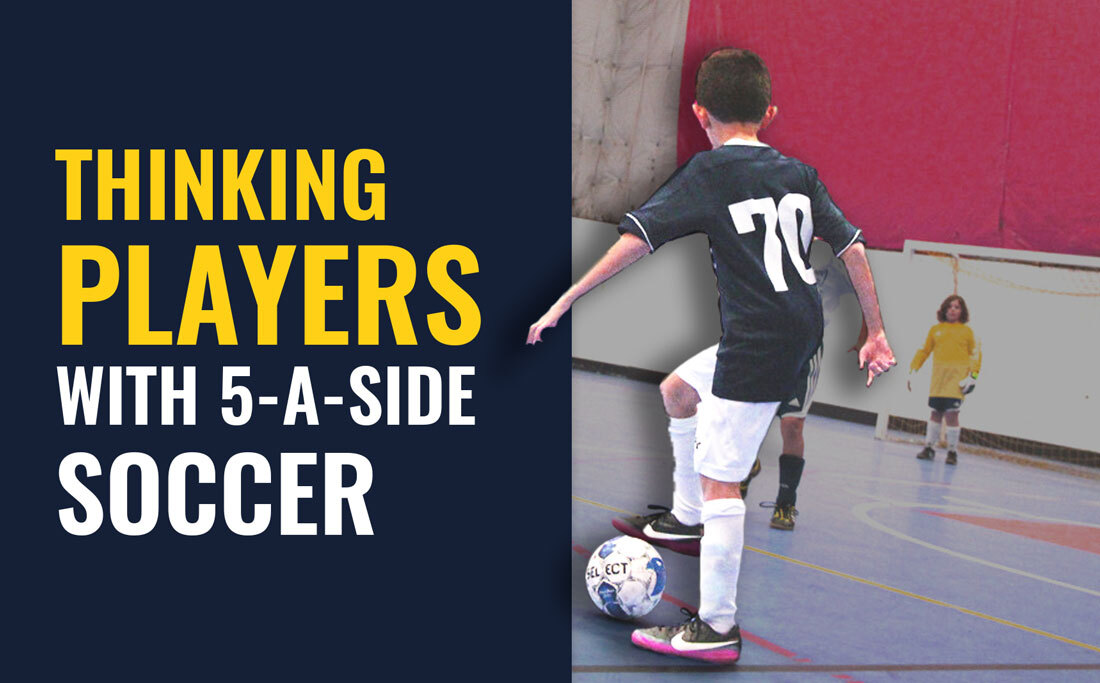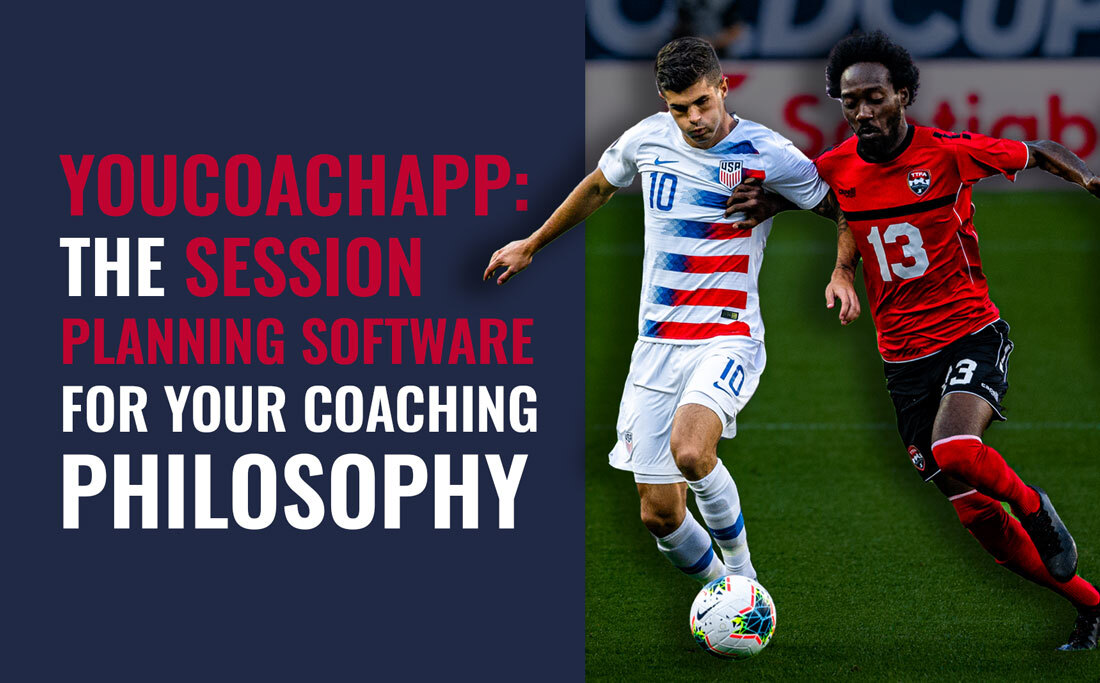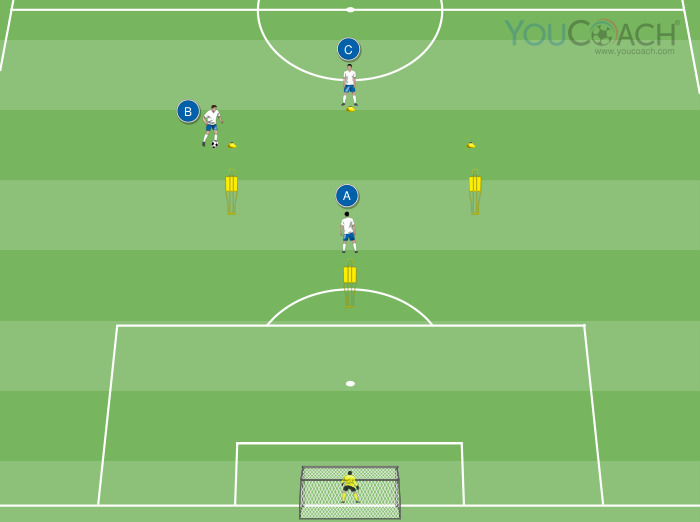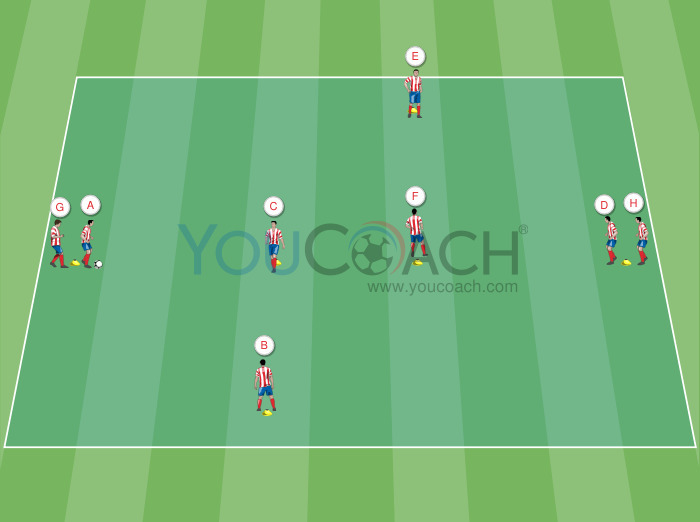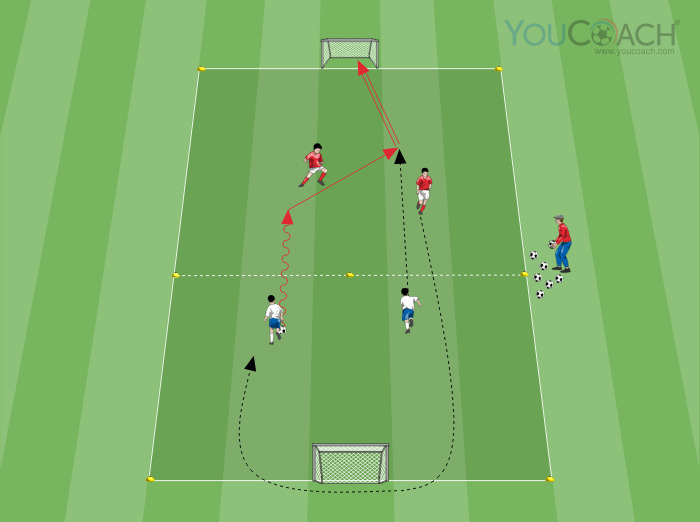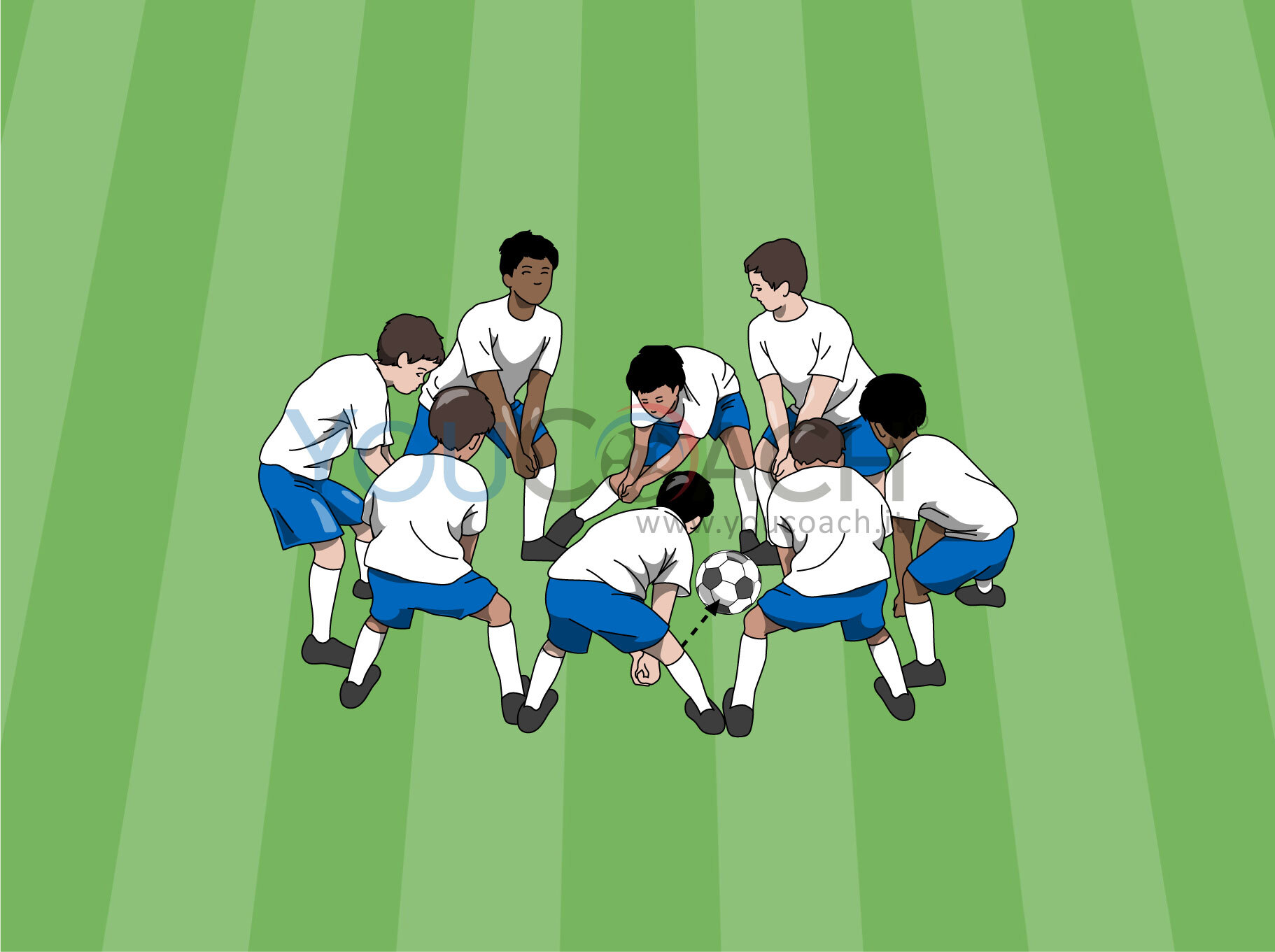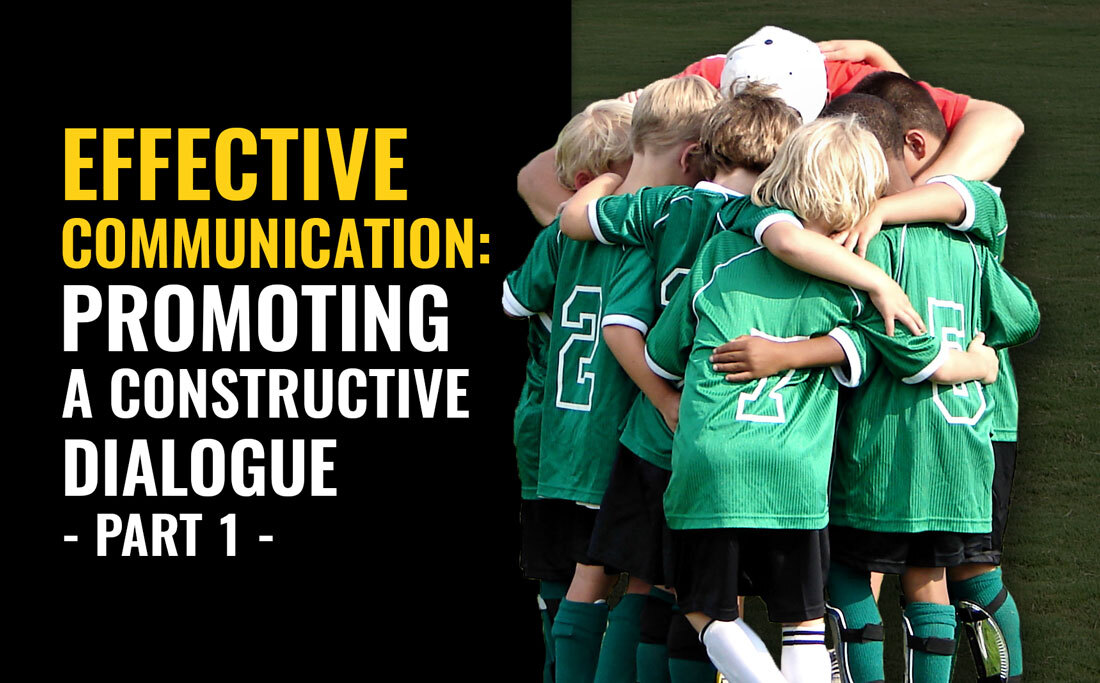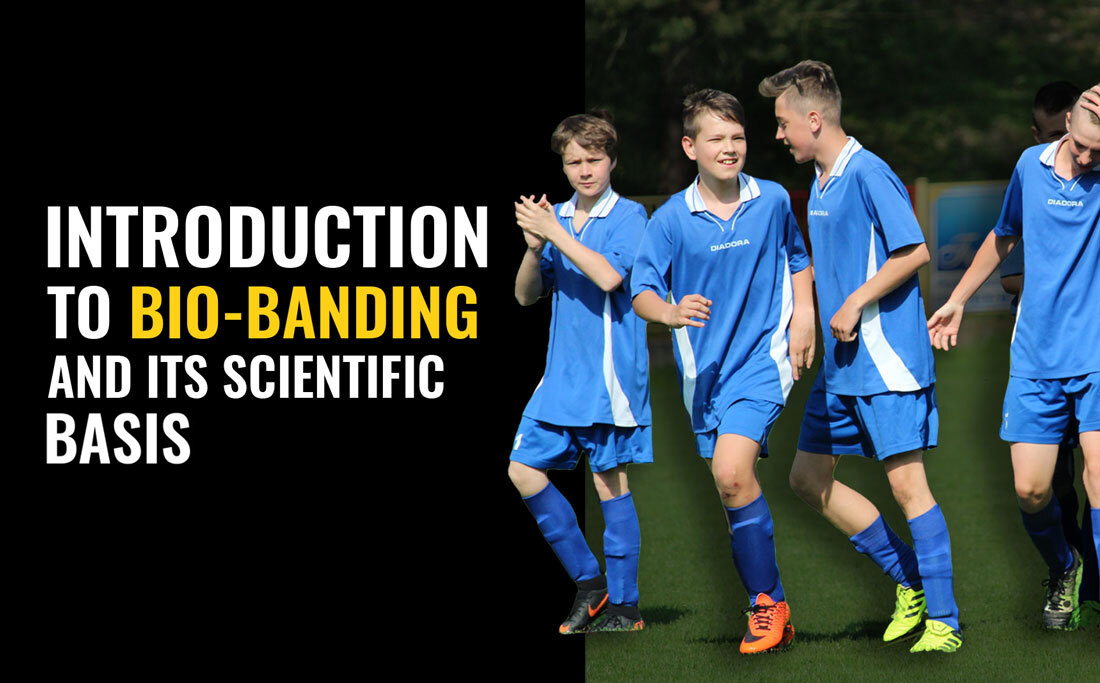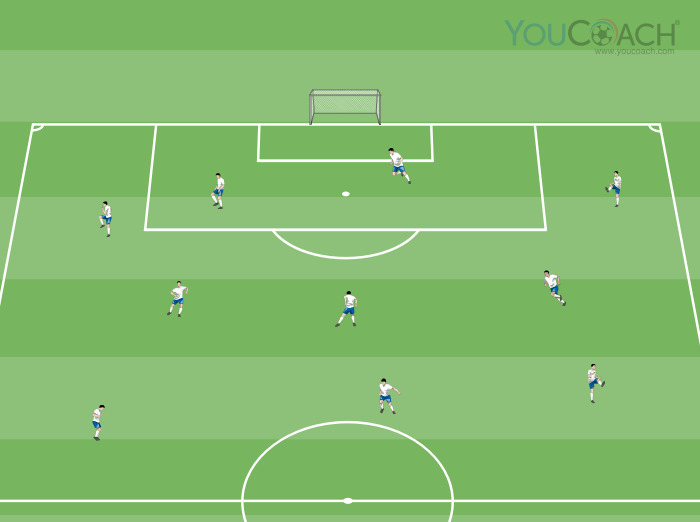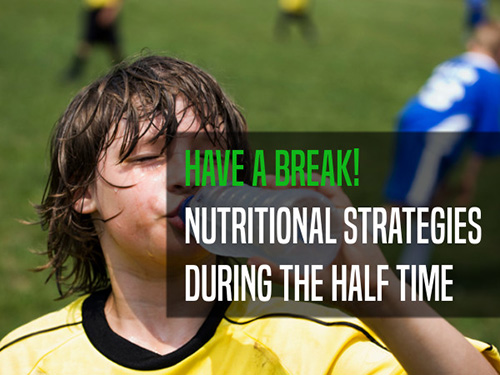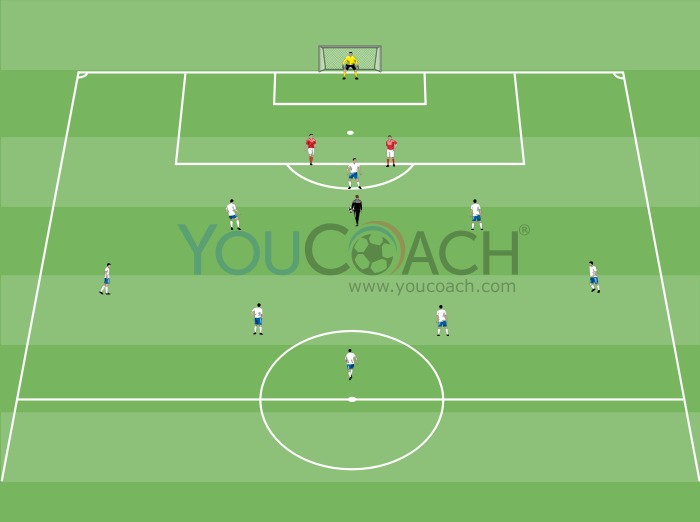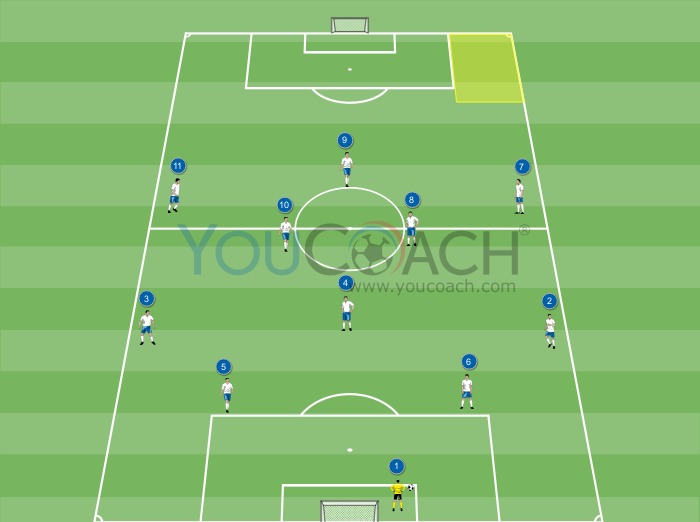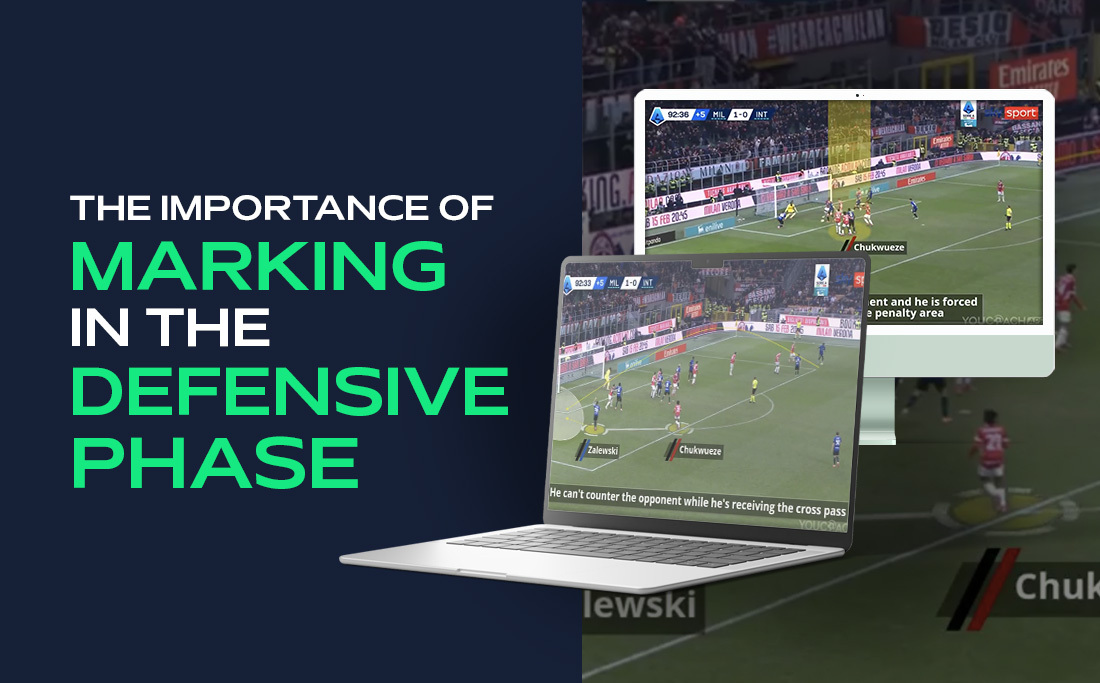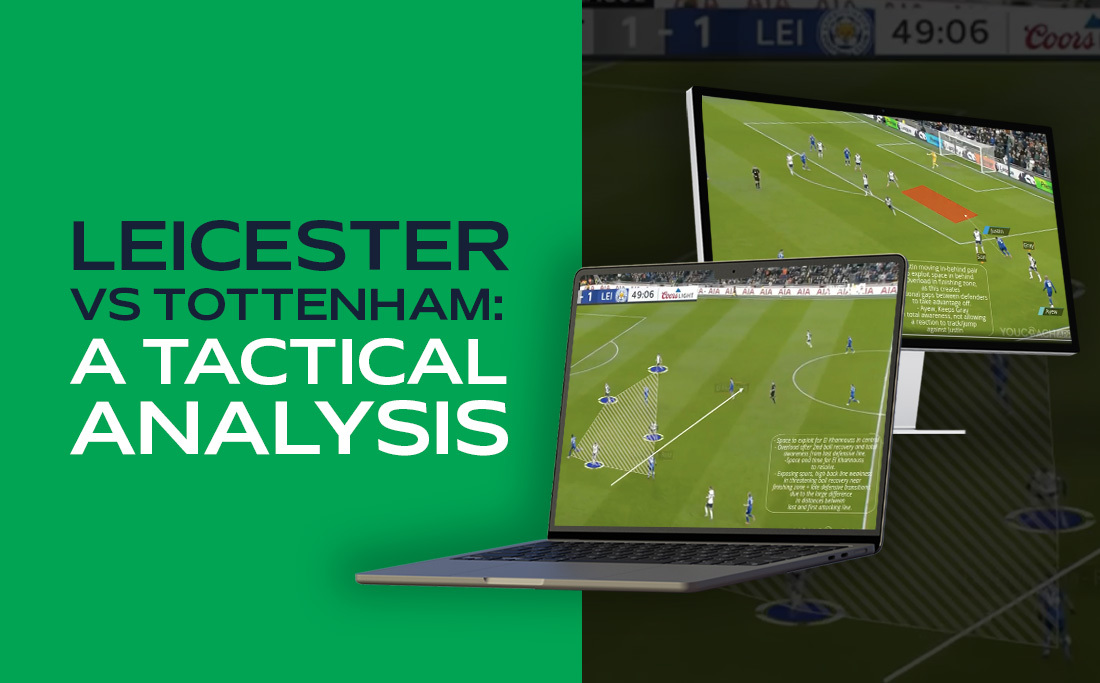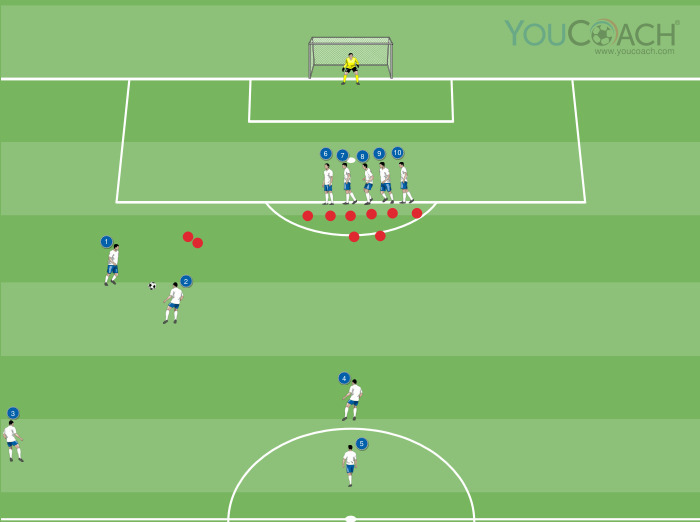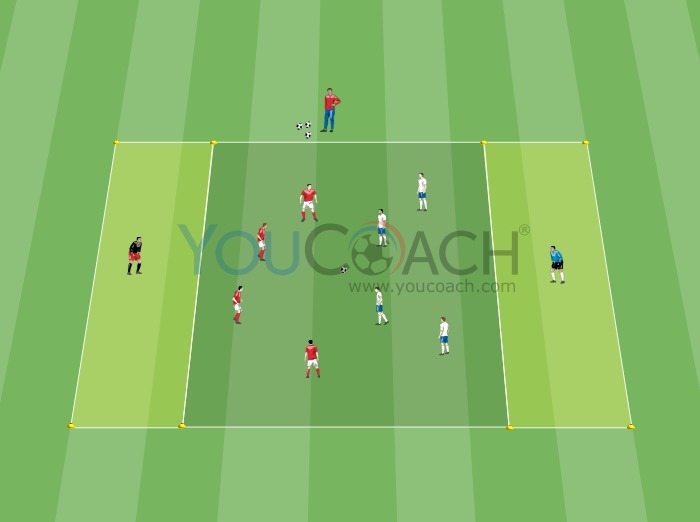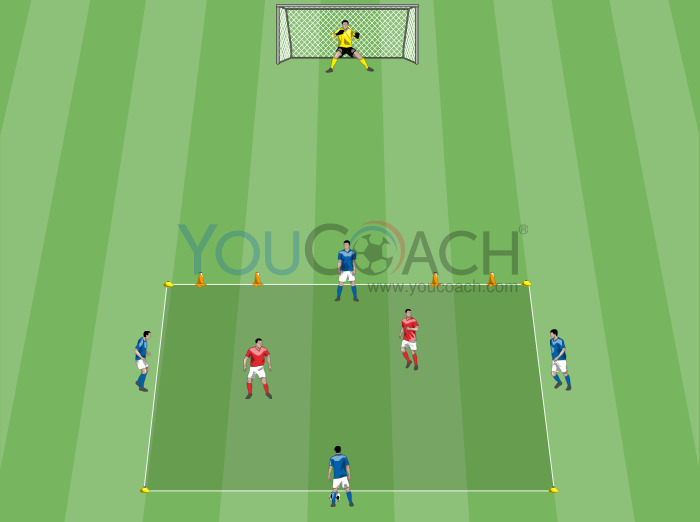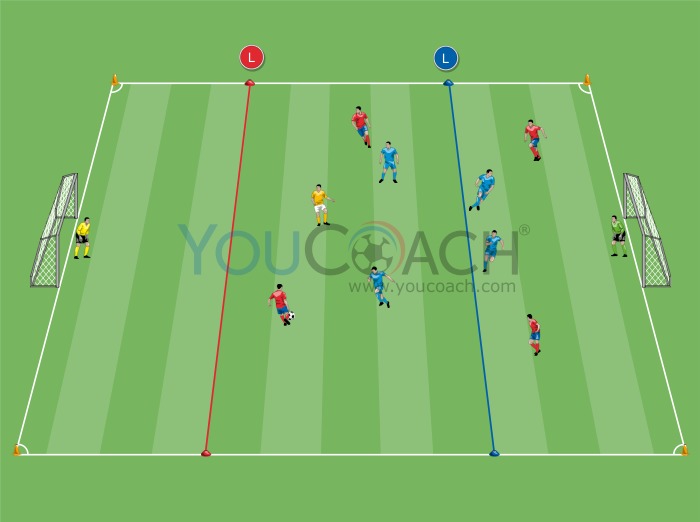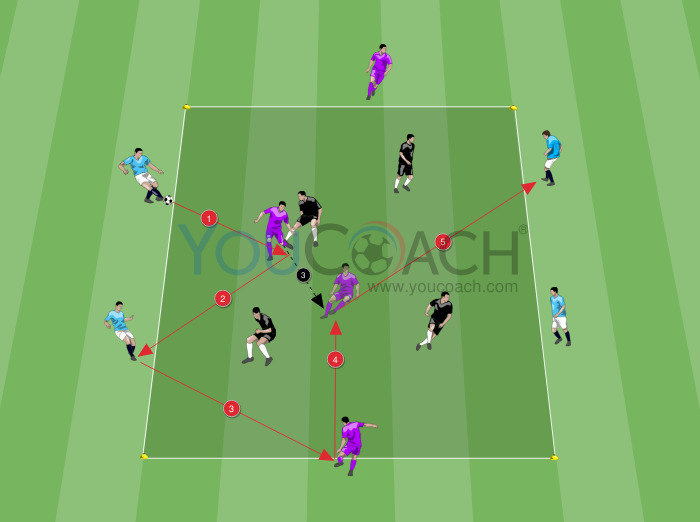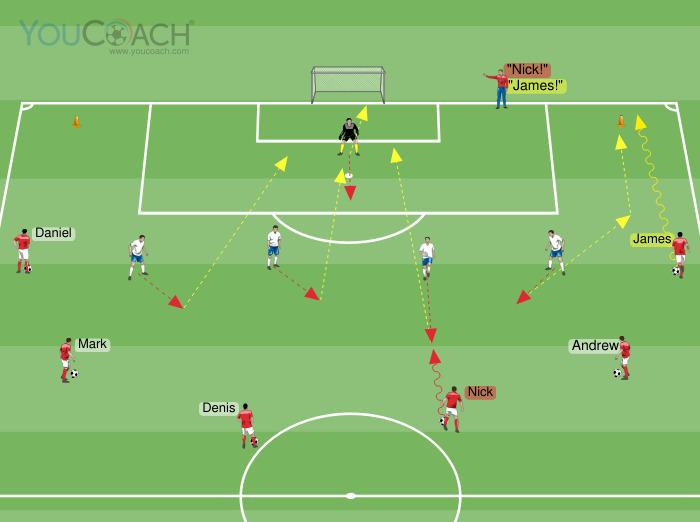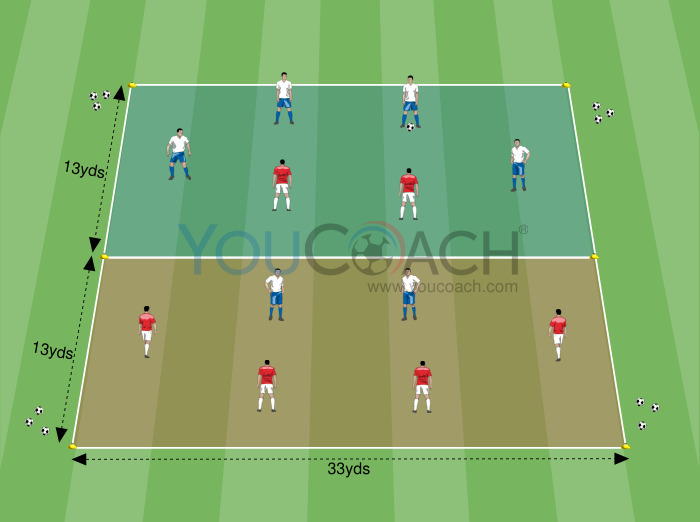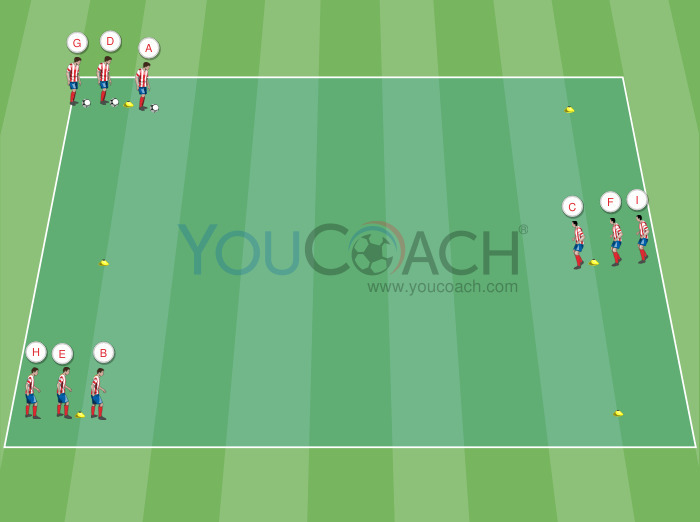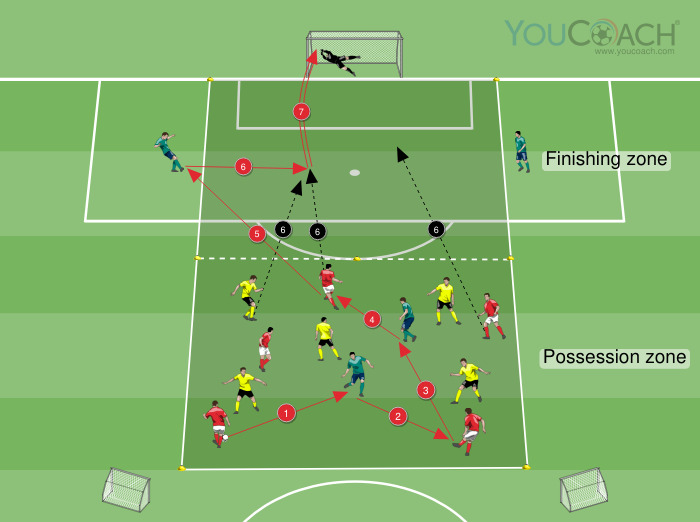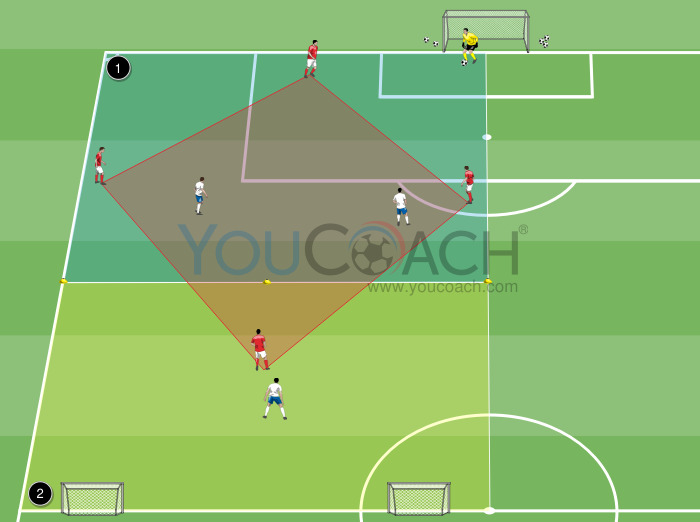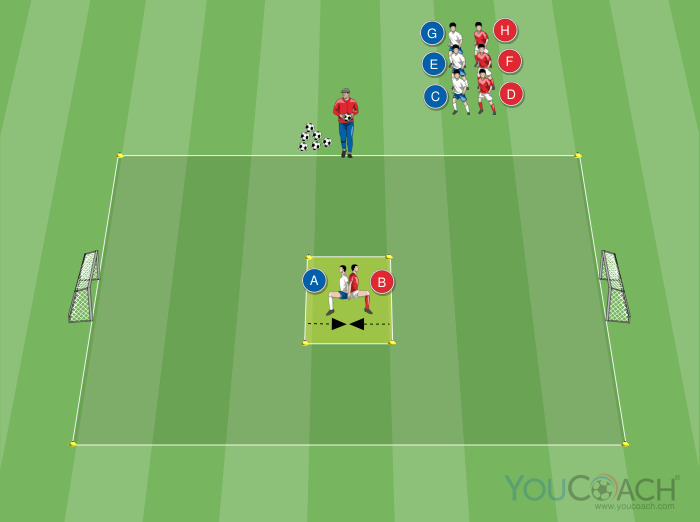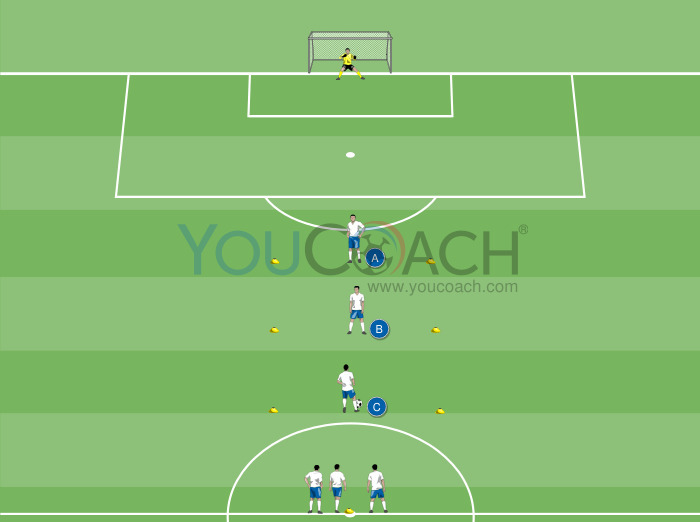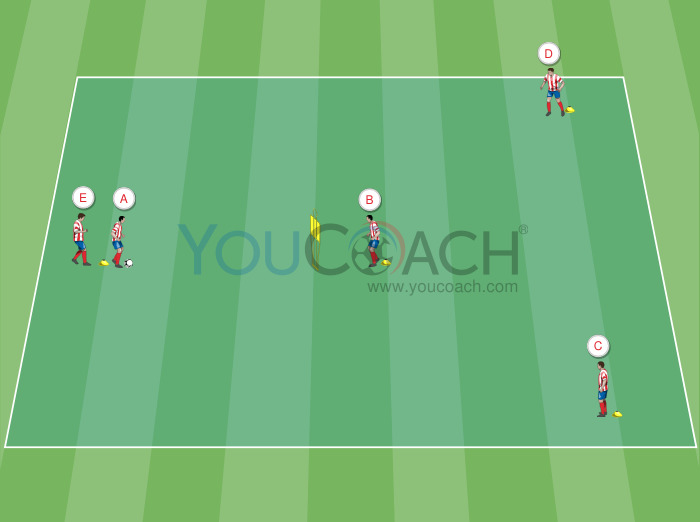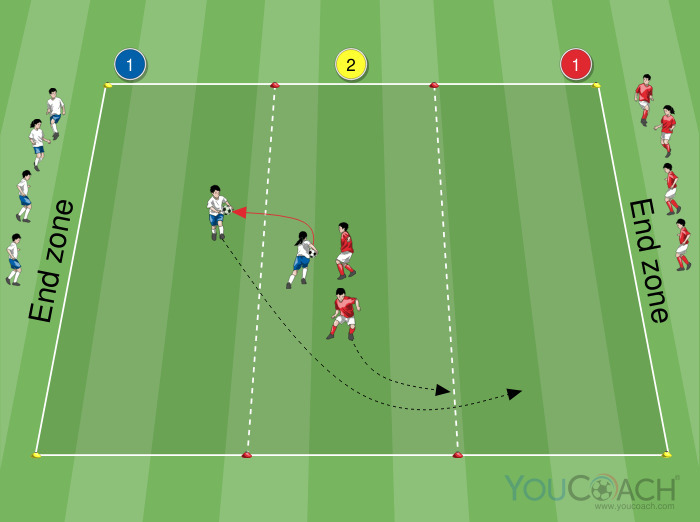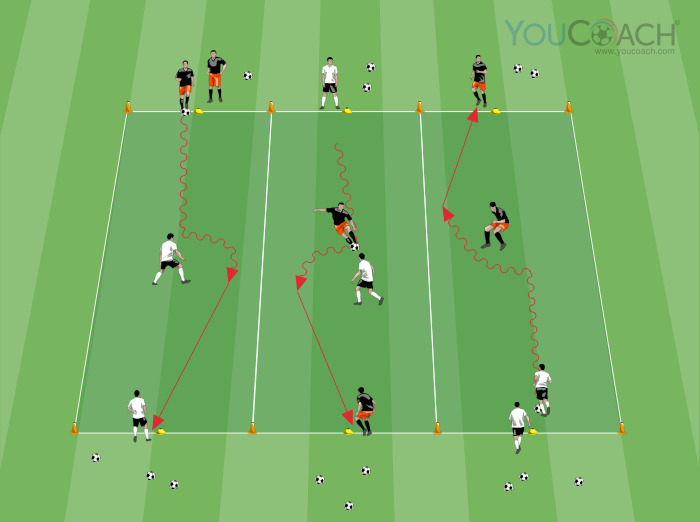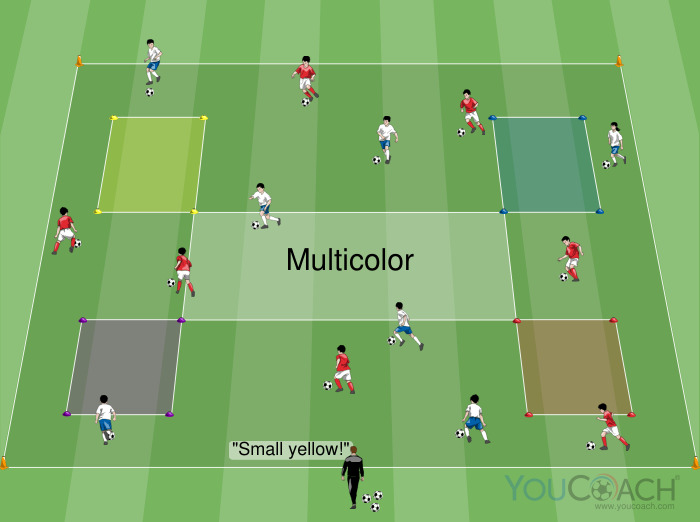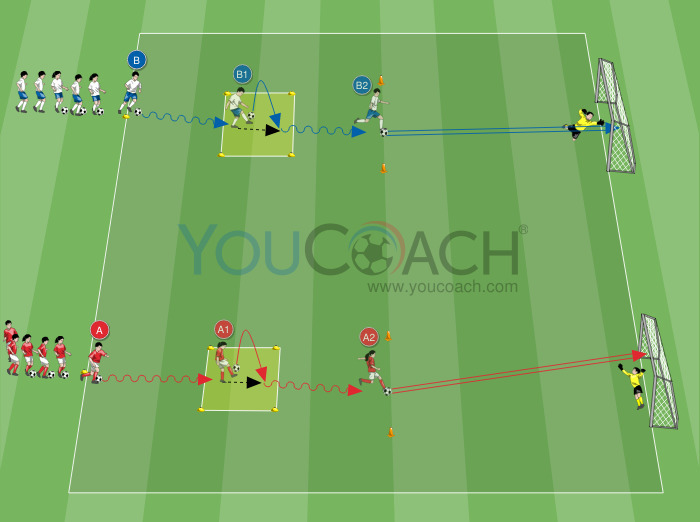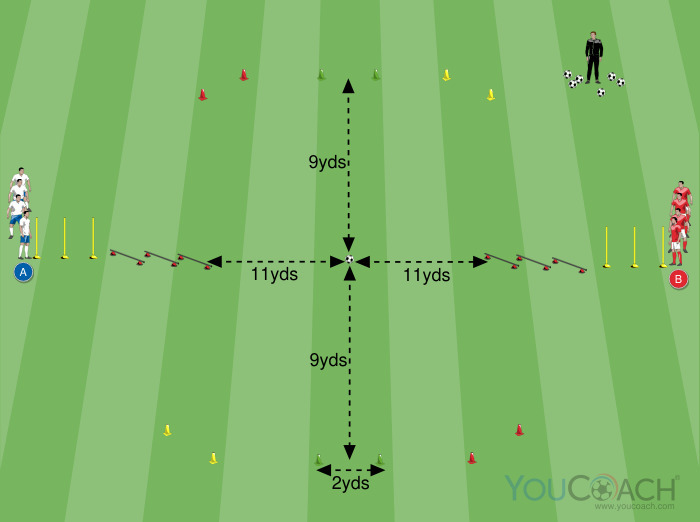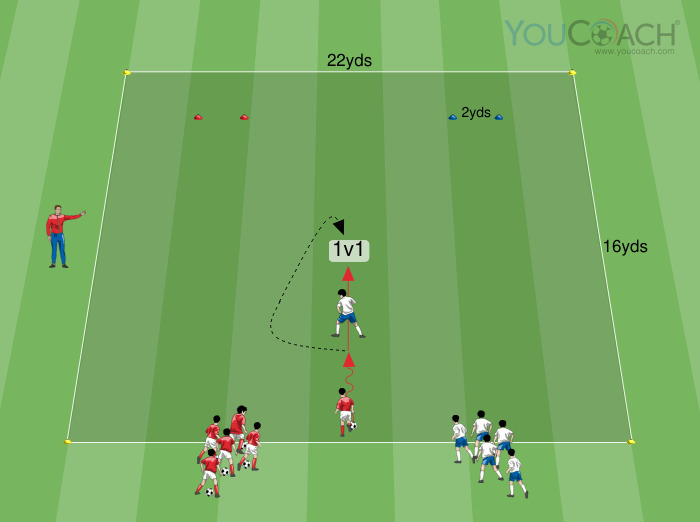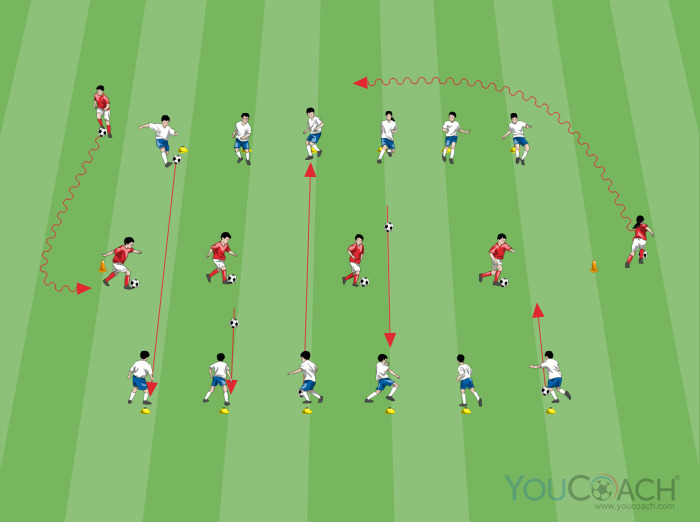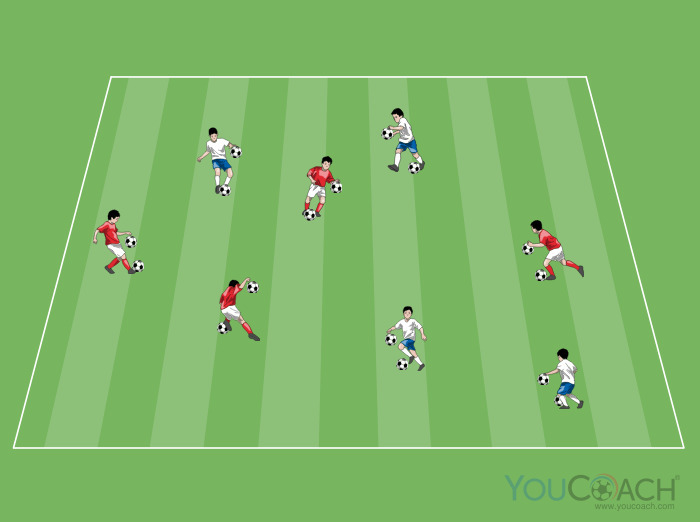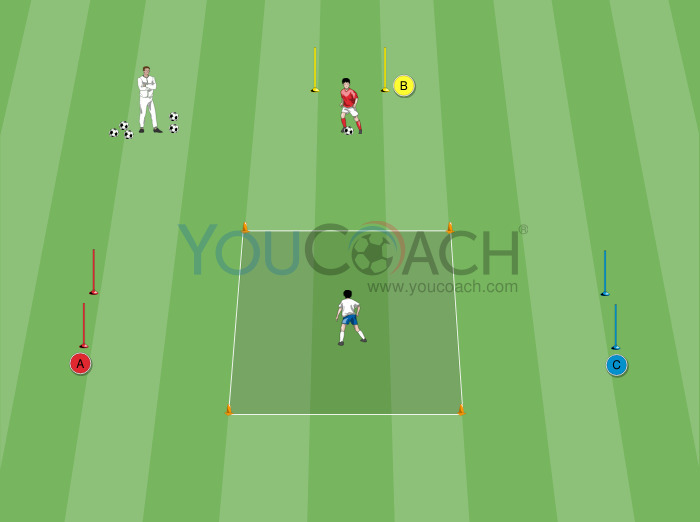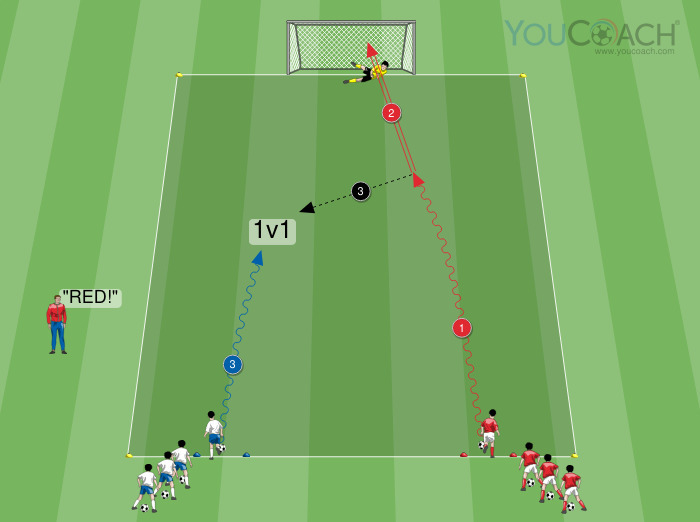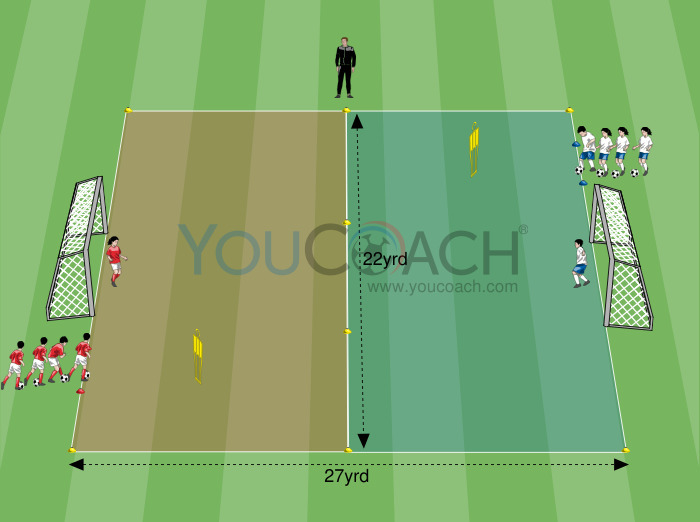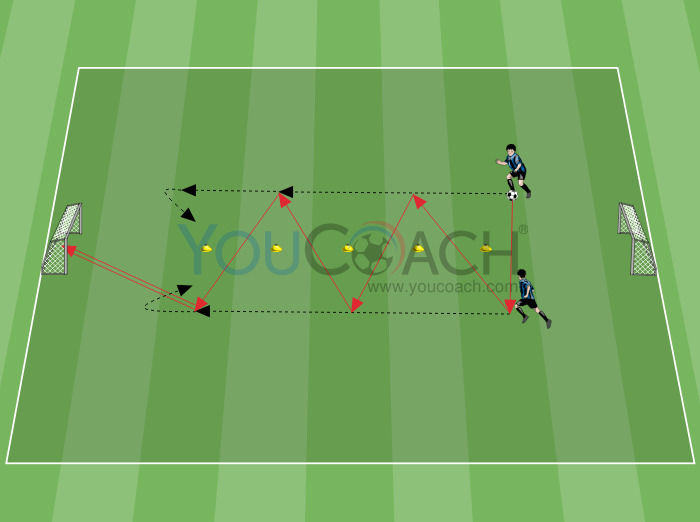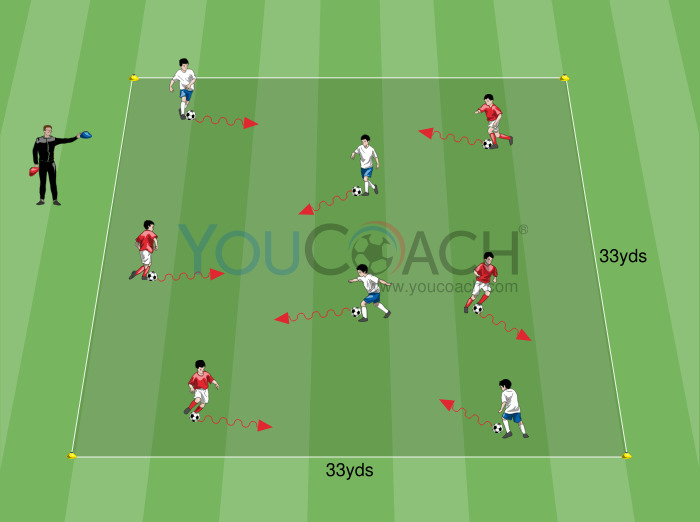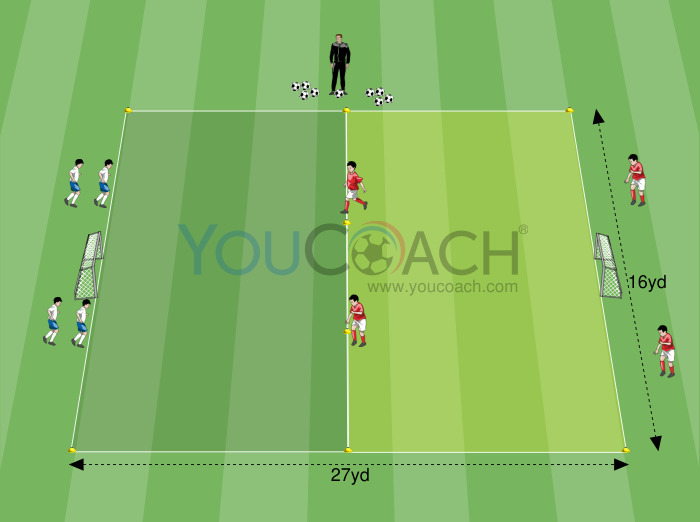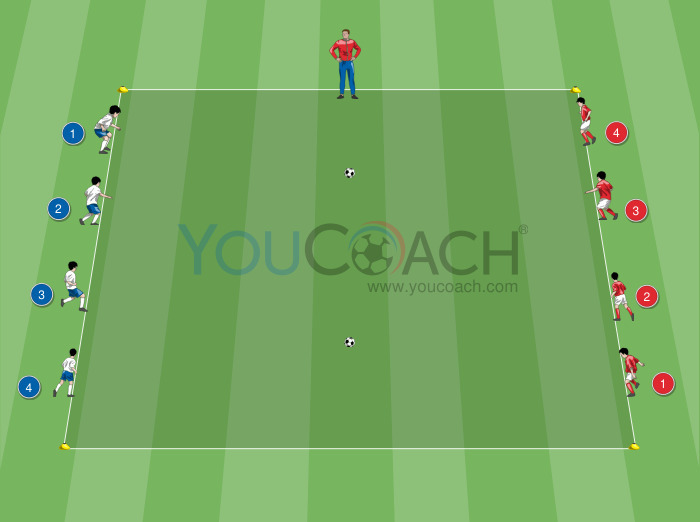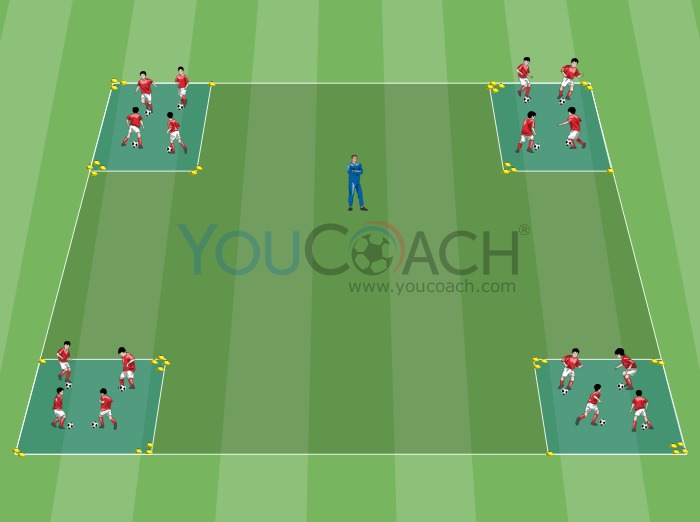Authentic Listening
Goal

|
How to consider the meaning and the implications of authentic listening when answering young people’s requests |
In my previous article about the “right height” to have when talking to players, I talked about Authentic Listening. I thought it could be appropriate to stop (and I’m not using this verb randomly) and think about what it actually really means and how often adults, both coaches and teachers, believe they use such an art without actually practicing it.
Too often in fact, through verbal and non verbal communication channels, we explicitly or indirectly transmit the message that we are only hearing them talking. However, hearing does not necessarily means listening.
 Young people (but also adults) have a big need to be listened. Sometimes they tell us frankly “Coach, I need to talk...”, other times, especially with very young, introverted or more problematic players, they ask it through other channels: through misbehavior, complaining about improbable aches or distracting themselves only to get attention. We must be keen observers and listeners to catch kids’ verbal and non verbal signs that change according to their expressive abilities, their level of awareness and maturity.
Young people (but also adults) have a big need to be listened. Sometimes they tell us frankly “Coach, I need to talk...”, other times, especially with very young, introverted or more problematic players, they ask it through other channels: through misbehavior, complaining about improbable aches or distracting themselves only to get attention. We must be keen observers and listeners to catch kids’ verbal and non verbal signs that change according to their expressive abilities, their level of awareness and maturity.The educator also must be patient with young people’s needs and keep up to their time. Adults often minimize the problems of young people, sometimes they smile (or even laugh) at what kids are telling them (“it’s just... keep on training... you’ll get over it...”), quickly getting rid of them and forgetting that players face problems accordingly and in proportion to their age and (small) experience. Sometimes educators forget they had similar experiences when they were young. Therefore it is easy to make the mistake of trivializing reported problems or to offer generic, ready-to-use solutions. By doing so, not only they demonstrate poor ability to listen, but also they do not allow the kid to think and find a solution to problems on their own. That experience does not enrich them, does not make them independent nor helps them to grow emotionally, socially and cognitively. In this way kids understand, unconsciously, that they always need an adult and that they can’t make it on their own.
 Kids often need to be listened, they need to express their emotions and their fears, sometimes they're scared because they are young and inevitably inexperienced. They “just” need to see that we are there for them and with them, most of times they do not need solutions, but understanding and normalization. They want to feel support and judgment and preconception -free listening. Instead we often listen to them (or that is what we believe!) while we are doing something else, turning our back on, in a hurry, nodding automatically, and remaining on the surface when in reality they are communicating us much more between the lines.
Kids often need to be listened, they need to express their emotions and their fears, sometimes they're scared because they are young and inevitably inexperienced. They “just” need to see that we are there for them and with them, most of times they do not need solutions, but understanding and normalization. They want to feel support and judgment and preconception -free listening. Instead we often listen to them (or that is what we believe!) while we are doing something else, turning our back on, in a hurry, nodding automatically, and remaining on the surface when in reality they are communicating us much more between the lines.If we are able to understand that our young player needs to talk and to be listened to emphatically, it is important to dedicate a moment to them without interruptions and hurry. It is not easy, I know. It's better to postpone than to pretend we are listening because it affects self-confidence and the relation. We could say, for example, “I see that for you it is important to talk about this thing, why don’t we discuss it after practice or tomorrow if you come a little bit earlier, so that we can talk without interruptions?”
We as adults underestimate a lot what kids feel, the problems they face, but most of all what is underestimated is their huge potential, their creativity (even in problem solving), their ability to understand situations and people, and this happens since they are very little. The phrase “He doesn’t understand...” that coaches say maybe should be addressed to themselves.



